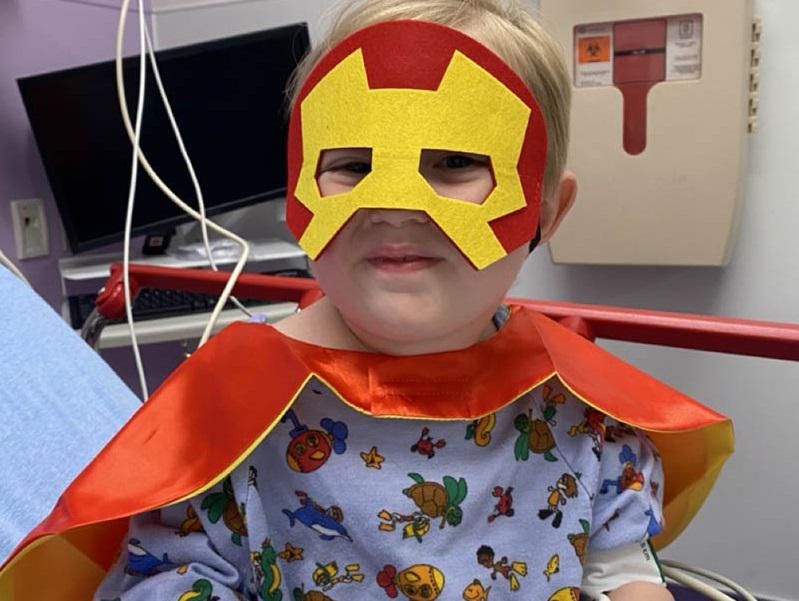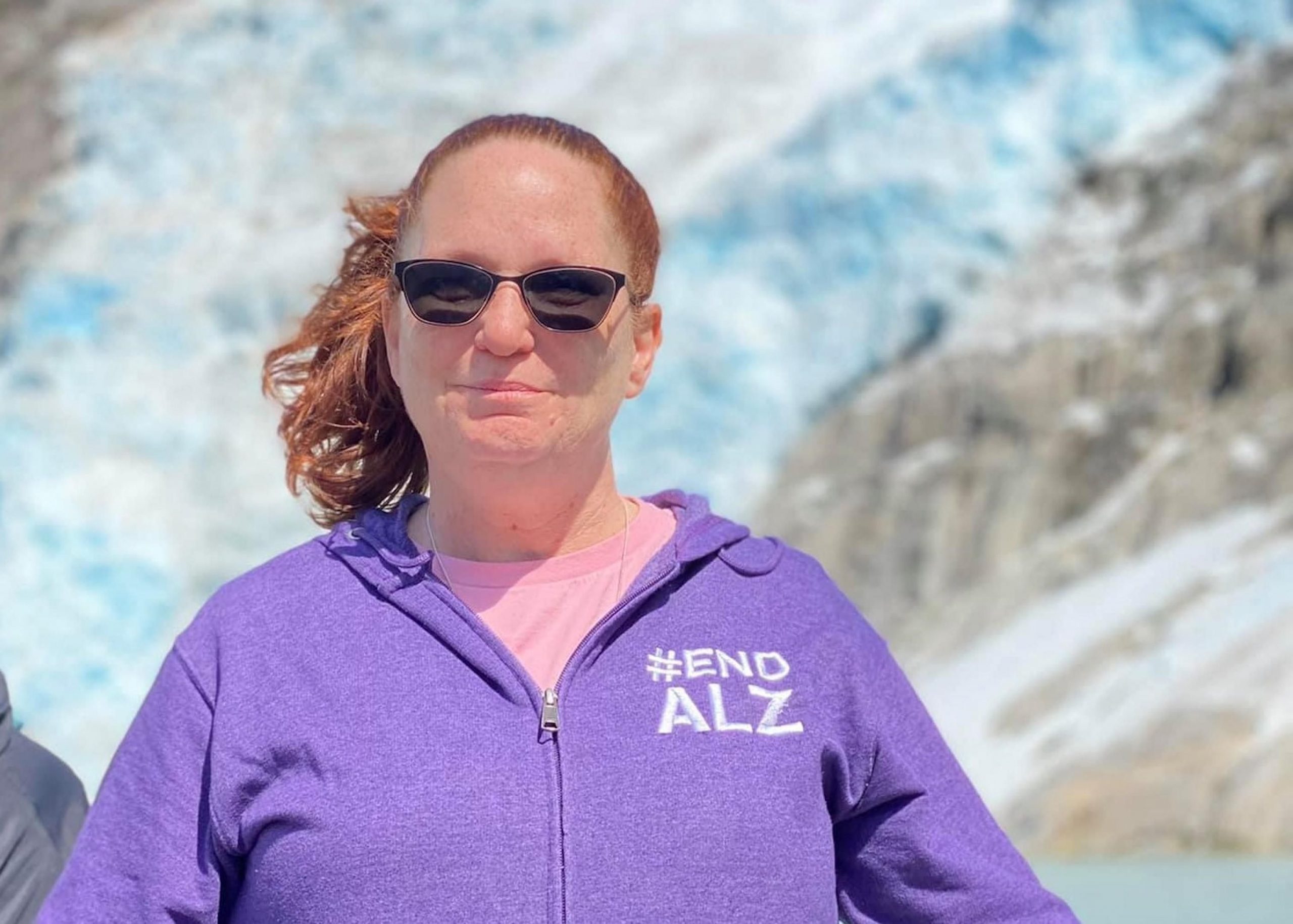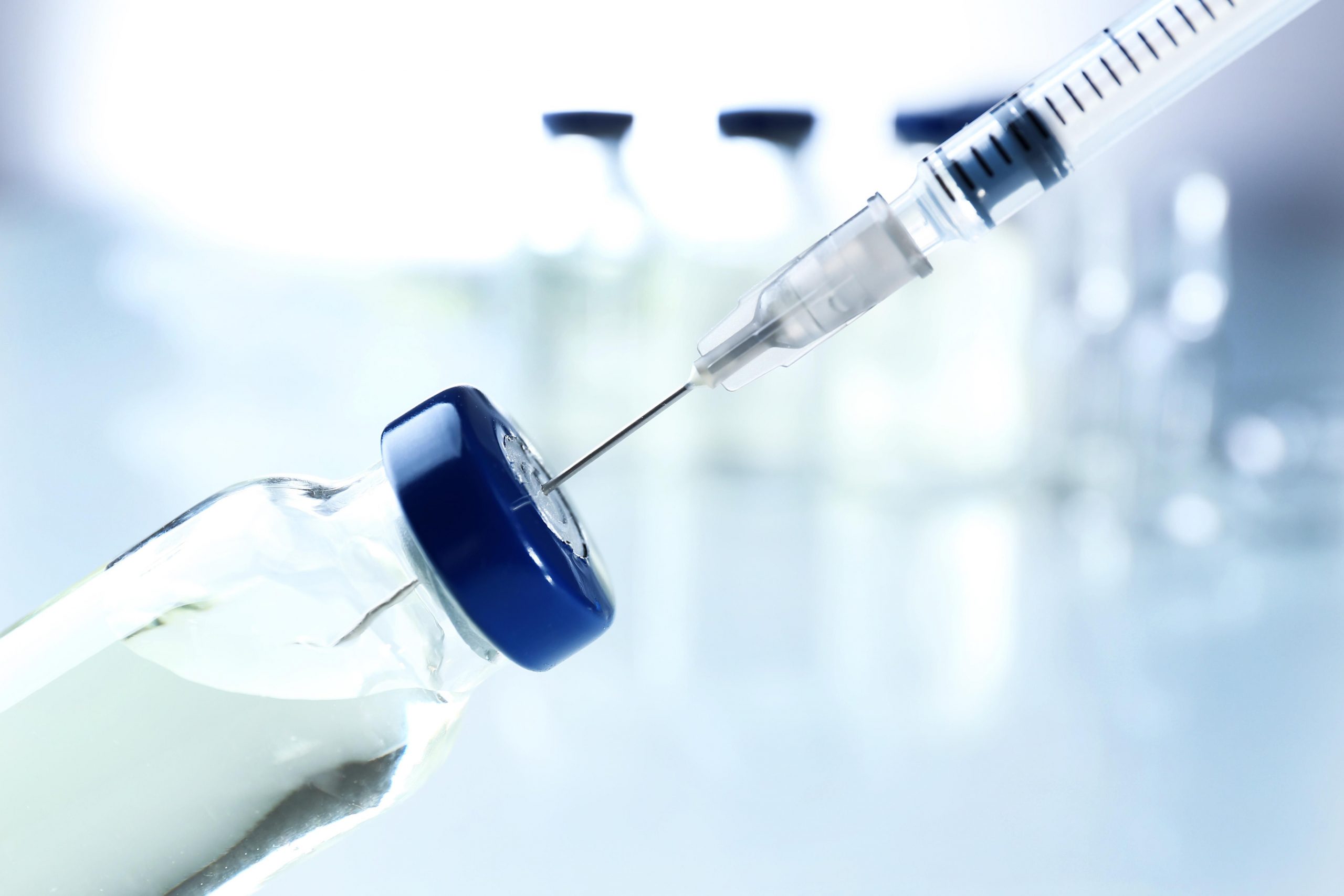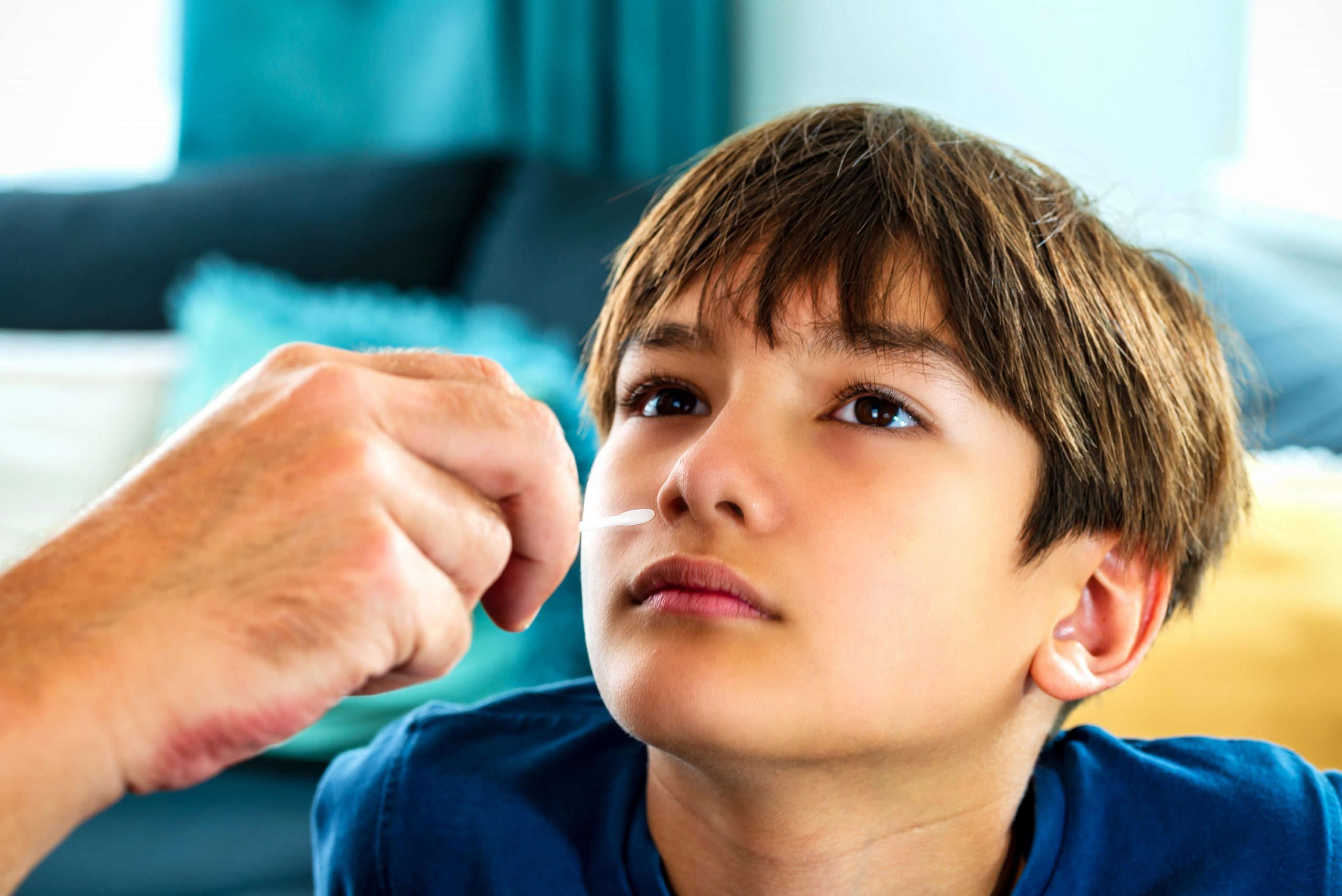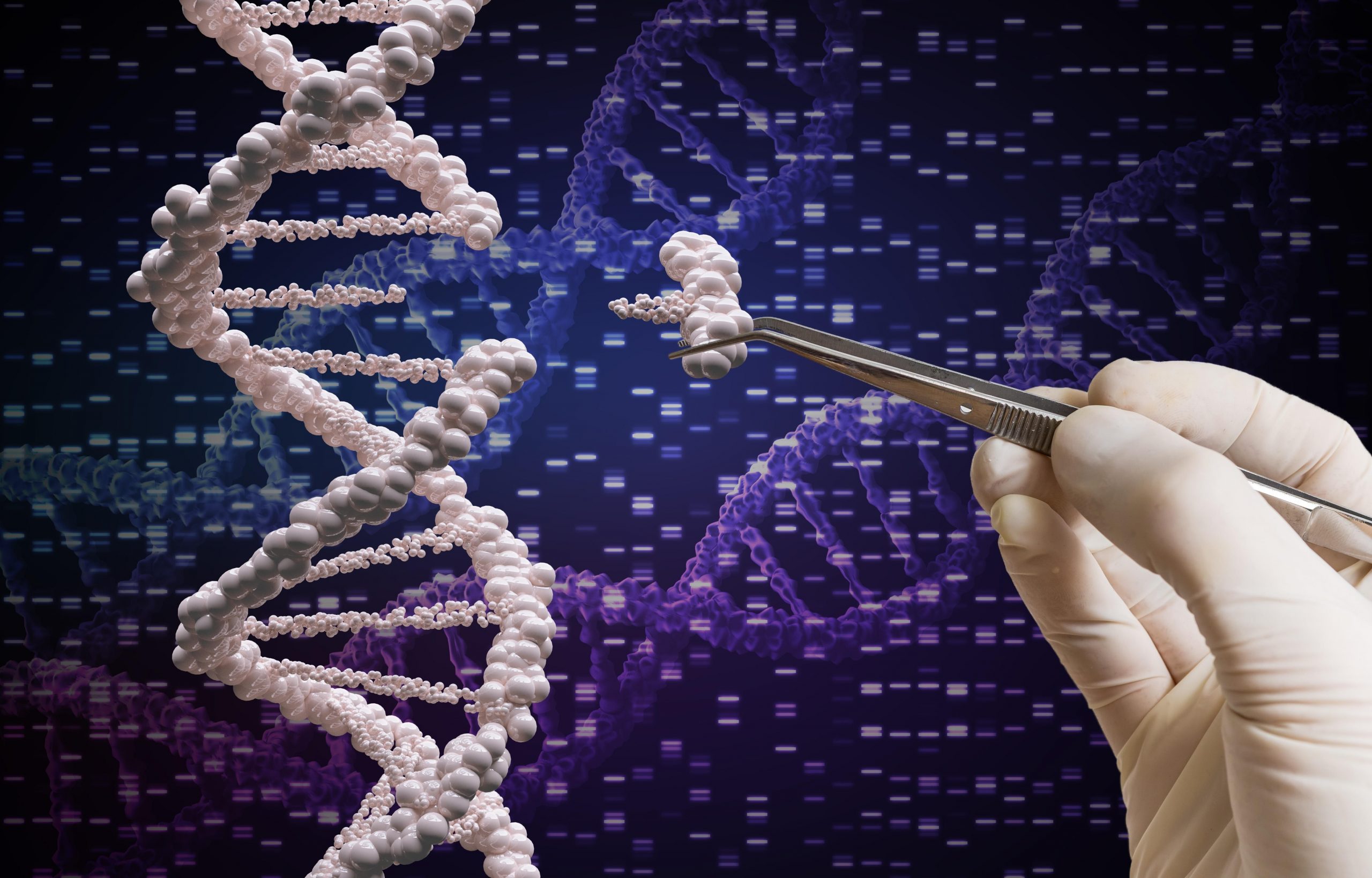
THURSDAY, June 2, 2022 (American Heart Association News) — Gender gaps in blood pressure, physical activity and smoking have widened among young adults in the United States, new research finds, suggesting that prevention approaches should be carefully tailored to help people achieve ideal lifelong cardiovascular health. Overall heart health stayed about the same among more… read on > read on >










